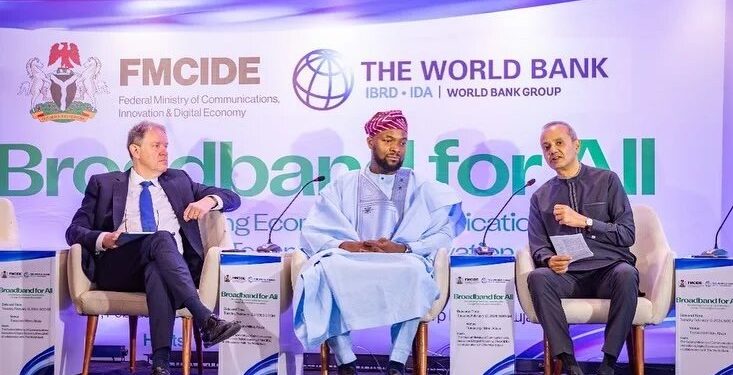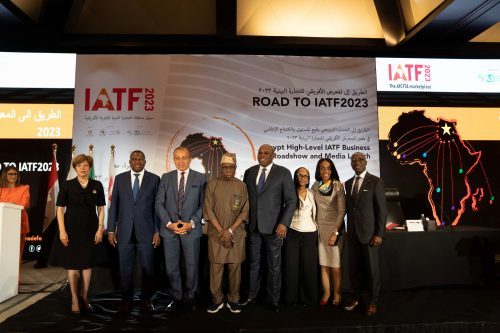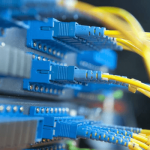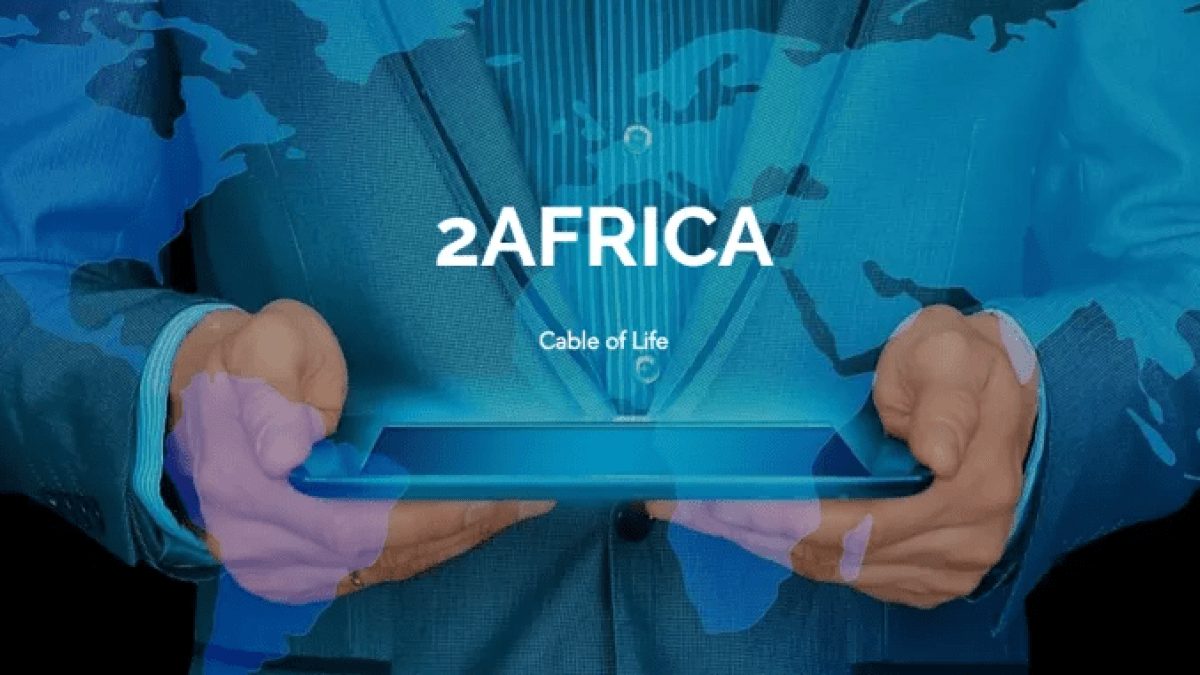In a significant step towards enhancing Nigeria’s digital infrastructure, the Federal Government has initiated talks with the World Bank to support the deployment of an additional 90,000 km of fibre optic cable. This project aims to increase Nigeria’s fibre optic capacity from 35,000 km to 125,000 km, positioning it as Africa’s third-longest terrestrial fibre optic backbone, following South Africa and Egypt.
Announcement and Objectives
The Minister of Communications and Digital Economy, Bosun Tijani, announced the commencement of Nigeria Week in Washington, D.C., and highlighted the project’s goals. He emphasized that increasing broadband penetration is crucial for Nigeria’s advancement in the digital economy. Tijani has been engaging with stakeholders over the past six months to drive this initiative forward.
“A great kickoff for Nigeria Week today at the World Bank headquarters in Washington, D.C. Excellent discussions with the World Bank Global Digital Development team on our digital economy agenda, particularly our plans to build out a 90,000 km fibre optic network,” Tijani shared on X (formerly Twitter).
Background and Strategic Plans
The Federal Government approved a special purpose vehicle (SPV) to support this massive expansion of the fibre optic network. The SPV is designed to operate under a governance model similar to successful public-private partnerships in Nigeria. This initiative aims to bridge the non-consumption gap by connecting over 200,000 educational, healthcare, and social institutions, ensuring broader access to internet connectivity.
The project is part of the National Broadband Plan 2020-2025, which targets a broadband penetration rate of 70% and a population coverage of 90% by 2025. Despite these ambitious goals, Nigeria faces several challenges, including a deficit of fibre infrastructure, high Right of Way (RoW) fees charged by state governments, security issues, limited access to foreign exchange, and multiple taxation.
Recent Developments and Support
In May, the Federal Government’s assignment of the SPV marked a critical step towards overcoming these challenges. Tijani noted that this increased connectivity would support Nigeria’s broader digital economy goals. “Building on our existing work with the Broadband Alliance, this increased connectivity will help plug the current non-consumption gap,” he stated.
To further bolster the initiative, the Nigerian Communications Commission (NCC) has secured right-of-way fee waivers in six states and is negotiating additional waivers. This is expected to significantly boost the telecommunications industry by reducing costs associated with deploying fibre infrastructure.
Global and Local Implications
The World Bank estimates that $6 billion in annual investments is needed to bridge Africa’s digital divide. Nigeria’s collaboration with the World Bank is expected to attract substantial investments and technical expertise necessary for such a large-scale project. This partnership underscores the critical role of global cooperation in achieving digital inclusion and economic growth.
Minister Tijani, a co-founder of Nigeria’s first tech hub, CcHUB, continues to advocate for broadband as a national priority. His efforts include developing an artificial intelligence roadmap and engaging with global partners to secure support for Nigeria’s digital economy agenda.
Nigeria’s partnership with the World Bank marks a pivotal moment in the country’s quest to enhance its digital infrastructure. By expanding its fibre optic network, Nigeria aims to not only improve broadband penetration but also drive innovation, sustainability, and economic development across the country. The ongoing efforts and support from international and local stakeholders are crucial for achieving these ambitious goals and transforming Nigeria’s digital landscape.










